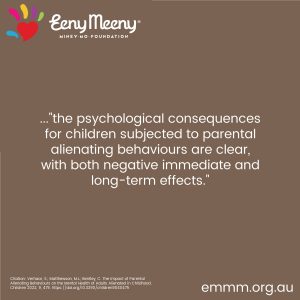Most of the cases that we manage at Law Offices of Michael F Roe are complex cases, sometimes involving serious issues with child custody, and often a HCP (High Conflict Personality/Parent). Within these divorce or parentage cases the courts in Illinois follow a pattern of addressing the issues of the best interests of the minor children in terms of where the child(ren) with live primarily, and what allocation of parenting time and decision making will be awarded to each parent. Mediation, while mandatory in Illinois, usually is not effective in these complex cases. More typically, the court will initially appoint a Guardian ad Litem to investigate the circumstances of the parents and the family and give recommendations to the court on allocation of parenting time and decision making.
Practice Pointer: The role of the GAL in a child custody (allocation) case is important, but in my view, it must also be kept in mind that the role of a retained clinician (custody evaluator) is equally significant and important in a complex child custody case. As valuable as GALs are, they do not possess the clinical experience and psychological education as evaluators (most custody evaluators have Ph.Ds in psychology, or the equivalent). Many times, a good GAL in tandem with a good custody evaluator gives the Court the ability to capably assess and evaluate the best interests of children in a complex custody case.

In this article, I discuss the role of a ‘guardian ad litem’ in Illinois.
 Illinois Divorce Lawyer Blog
Illinois Divorce Lawyer Blog



